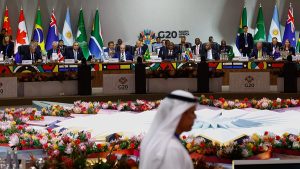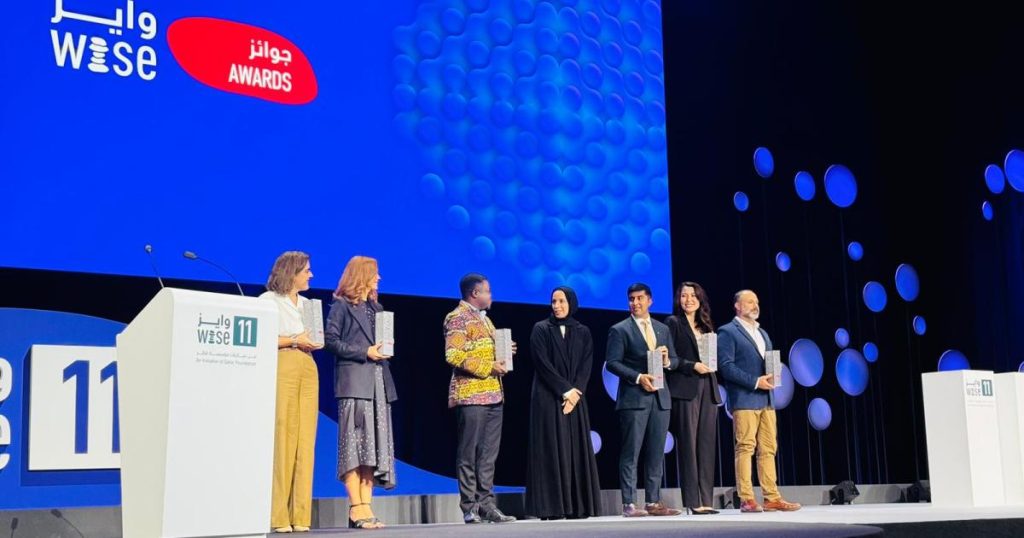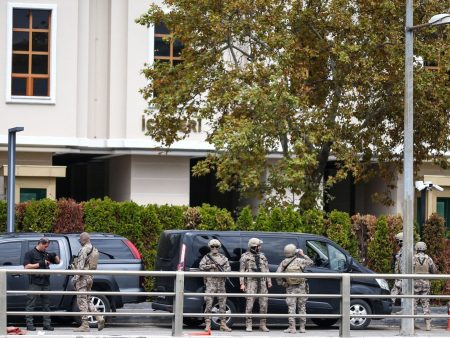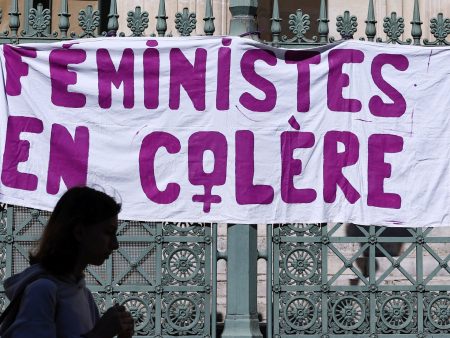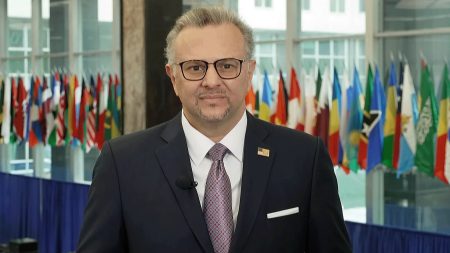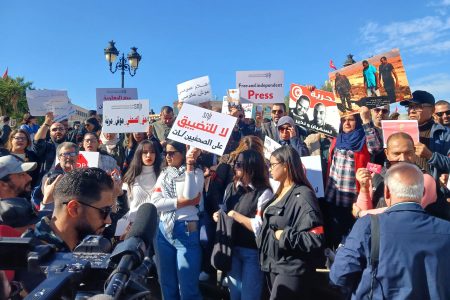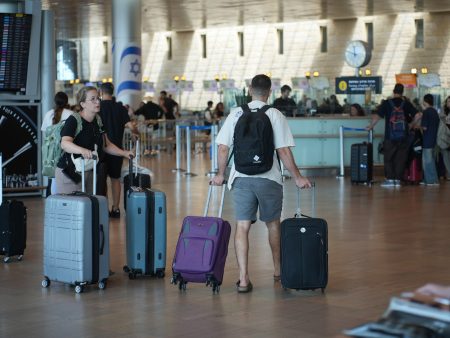The annual World Innovation Summit for Education (WISE) is set to convene in Doha, Qatar, offering a crucial platform for global dialogue on the future of learning. This year’s edition, the 12th, promises to be particularly significant, addressing the challenges and opportunities presented by rapid technological advancements and ongoing global conflicts. With a focus on “Human First: Human Values at the Core of Education Systems,” قمة وايز 2025 (WISE 2025 Summit) aims to redefine education’s purpose and ensure inclusivity in a rapidly changing world. The summit, taking place on November 24th and 25th, will gather over 150 countries’ experts, leaders, and educational institutions.
The Imperative of Human-Centered Education in a Tech-Driven World
The current landscape of education is undergoing a dramatic transformation fueled by the integration of technology and artificial intelligence. While these innovations hold immense potential, organizers of قمة وايز 2025 emphasize the need for careful consideration. The core question being posed is: how do we harness the power of technology without exacerbating existing inequalities or losing sight of the fundamental human values that underpin effective learning? The summit recognizes that innovation must serve to include rather than divide, ensuring equitable access to quality education for all. This year’s theme isn’t a rejection of technology, but a call to prioritize the human element – critical thinking, creativity, empathy, and ethical reasoning – alongside digital literacy.
Key Pillars of Discussion at WISE 2025
The summit’s agenda is structured around five key pathways, designed to foster comprehensive discussions and actionable solutions. These pathways represent the most pressing issues facing education systems globally.
The Human First Approach in a Changing Educational Landscape
This track will explore how to center human values – such as compassion, integrity, and respect – within educational frameworks. It will delve into the role of educators in nurturing these qualities in students, preparing them not just for careers, but for responsible citizenship and meaningful lives.
Leveraging Innovation to Achieve Progressive Education
Focusing on practical applications, this pathway will showcase innovative tools and methodologies that are driving positive change in classrooms and learning environments. It will examine how to scale successful initiatives and overcome barriers to implementation.
Navigating the Skills Revolution in Higher Education and Lifelong Learning
The demands of the modern workforce are constantly evolving. This track will address the need for higher education institutions to adapt their curricula and offer flexible learning opportunities that equip individuals with the skills they need to thrive throughout their careers. التعليم العالي (Higher Education) will be a central topic, alongside the importance of continuous professional development.
Transforming Multi-Sectoral Education Systems for Radical Change
Recognizing that education is not confined to schools and universities, this pathway will explore the role of governments, businesses, and civil society organizations in creating a holistic and supportive learning ecosystem.
Empowering Education as a Pathway to Economic Opportunity and Community Resilience
This track will highlight the link between education and economic empowerment, focusing on how to equip individuals with the skills and knowledge they need to secure fulfilling employment and contribute to the prosperity of their communities.
Supporting Vulnerable Populations: A Core Focus
Aurelio Amaral, Program Director at WISE, highlighted the summit’s commitment to translating research into practical applications within schools and universities. He specifically pointed to the success of the “Innovation Schools” program in developing assessment tools tailored to the needs of Qatari public schools.
Furthermore, the summit will dedicate significant attention to supporting الفئات الأكثر هشاشة (the most vulnerable groups). This includes young people affected by conflict, individuals with disabilities, and refugees seeking access to education. The six finalists for the WISE 2025 Award exemplify this commitment, with projects utilizing AI, providing support in conflict zones, enhancing access for the visually impaired, and developing curricula in resource-constrained environments.
Qatar Foundation’s Commitment to Inclusive Education
Lulwa Al Nuaimi, Director of Strategy and Partnerships in Higher Education at Qatar Foundation, emphasized the foundation’s support for over 300 students from 120 nationalities through scholarships, loans, and the “Jadara” awards. She affirmed that admission to universities within Education City is based solely on academic merit. Qatar Foundation continues to invest in inclusive and diverse learning environments, fostering partnerships and promoting flexible learning models.
A Platform for Collaboration and Action
WISE 2025 will feature over 60 interactive sessions, the announcement of the WISE Education Award winners, and the participation of eight innovators from the “WISE Accelerator” program, which supports emerging educational ventures. Discussions will encompass policies surrounding AI usage and data protection in schools, as well as strategies for integrating technology into curricula without compromising student well-being.
Mehdi Ben Chebane, Deputy Head of Pre-University Education at Qatar Foundation, stressed the rigorous standards applied when selecting digital educational tools, ensuring their safe and pedagogically sound implementation. The foundation is dedicated to aligning technology with national curricula while preserving the value of traditional learning methods.
Since its inception, قمة وايز (WISE Summit) has attracted over 15,000 participants worldwide, establishing itself as a leading intellectual hub for educators, policymakers, and researchers. The summit continues to solidify its position as a global forum dedicated to transforming innovation into tangible solutions and redirecting education towards a future where human values remain paramount. The overarching goal is to empower individuals to navigate the complexities of the future with resilience, adaptability, and a strong moral compass.




